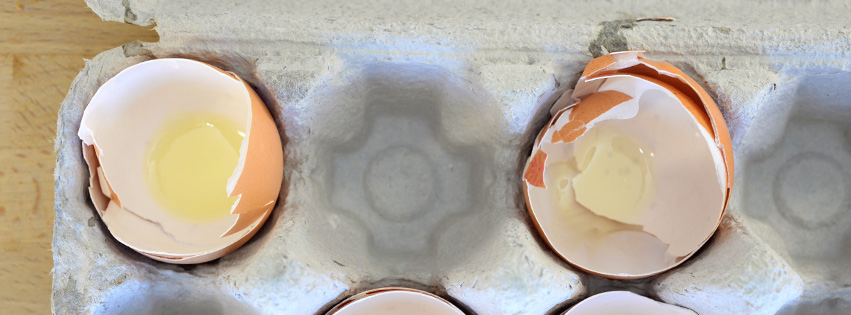The Fresh Blog
Lifestyle, Health, Nutrition & Inspiration from Luvo
How to Manage Your Food Waste
The amount of food we waste as a society is mind-boggling. Estimates suggest that around 30–40% of all edible food is lost or thrown away. According to the U.S. Department of Agriculture, that translates to over 130 billion pounds, or around 141 trillion calories, worth over $160 billion. That’s a lot of scraps. The good news is that food waste is having a moment, and there are many ways we can help.
The USDA notes that more people and organizations are trying to do something about food waste, due to the rising cost of food, the impact on climate change, and our desire to something about hunger around the world. A Canadian couple produced a documentary, “Just Eat It: A Food Waste Story,” about their experience living on food destined for landfills. They were shocked at how much perfectly good grub they found that would have gone otherwise to waste. So what can you do?
Plan Ahead
The best way to reduce the amount you waste is to buy less in the first place. By planning your meals and only shopping for groceries you know you need, you’re more likely to use what you buy. Before you go shopping, check your fridge (or your freezer) to see what you’ve got so you don’t end up with items you already have. There are countless smartphone apps to help manage your grocery list and meal planning. If you do end up with more than you need, consider donating still-fresh food to an organization that can direct it to those in need in your community.
Improve Your Storage
Dairy, vegetables and grains are the three most-wasted food groups. You can greatly extend their usable life by understanding how they should be stored, and how to encourage ripening of fruits and veggies when you want to use them.
Use Everything
A lot of food is thrown out because we don’t know what to do with leftovers and food scraps, but there are many ways to make the most of what’s left behind. Use stale bread to make your own croutons, save orange and lemon peels to make citrus tea, turn the remains of last night’s dinner into tomorrow’s breakfast scramble or soup. Many popular ethnic dishes have their origins as peasant foods, which transform inexpensive ingredients and scraps into four-star feasts. Why not invent your own?
Compost
Food waste in landfills is a major source of methane, a greenhouse gas with more than 20 times the impact of carbon dioxide on climate change. So if you can’t find a way to reuse food in another dish or delicacy, composting is the way to go. Composting can yield a potent fertilizer to help grow next season’s crops. It just makes sense.
How do you minimize the food waste in your household? Share your tips and tricks in the comment section or tweet us @Luvoinc


